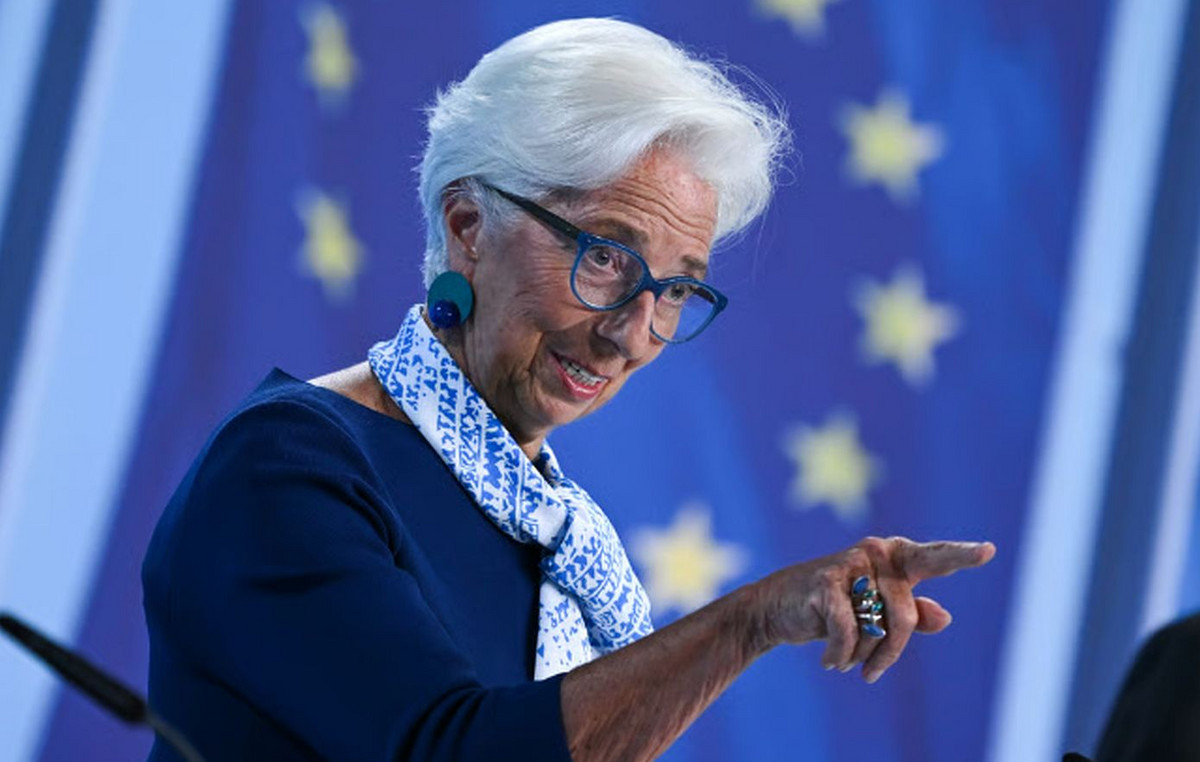THE European Commission announced today that for the first time six digital giants – which it calls “Gatekeepers” – the Alphabet, Amazon, Apple, Meta, Microsoft and ByteDancewill be subject to tougher new rules in the EU under the Digital Market Act.
In total, the Commission identified 22 core platform services provided by these six ‘pillars’. Four social networks (TikTok, Instagram, Facebook, LinkedIn)two instant messengers (WhatsApp and Messenger), three operating systems (Android, iOS, Windows)a search engine (Google)two browsers (Chrome, Safari)six mediation services (Google Maps, Google Play, Google Shopping, Amazon Marketplace, App Store and Meta Marketplace)the video sharing site (Youtube) as well as the advertising services of Google, Amazon and Meta.
According to the Commission, the six digital giants will have six months to fully comply with their obligations under the Digital Markets Act for each of the designated core platform services they provide.
Under the Digital Markets Act, the European Commission can designate digital platforms as “pillars”, if they provide an important business-to-consumer gateway in relation to core platform services.
After defining them, bailiffs must within six months comply with the full list of practices to apply or avoid under the Digital Markets Act, which offers more choice and greater freedom to end-users and business users of the services of pilors. However, some of the obligations start to apply from the moment of the definition, as for example, the obligation to inform the Commission for each planned gathering. It is the responsibility of designated companies to ensure and demonstrate effective compliance. For this purpose, they must submit within 6 months a detailed compliance report describing how whereby they comply with each of the obligations of the Digital Markets Act.
The Commission will monitor the effective implementation and observance of these obligations. In the event that a seller does not comply with the obligations provided for in the act for digital markets, the Commission can impose fines of up to 10% of the company’s total worldwide turnover or up to 20% in case of repeated infringement. In the case of systematic violations, the Commission also has the power to take additional remedial measures, such as forcing a company to sell a business or parts of it or prohibiting a company from acquiring additional services related to the systematic non-compliance.
Internal Market Commissioner Thierry Breton said the digital shopping act would open the floodgates of the internet, giving consumers more choice and fewer barriers for smaller competitors. “We’re finally putting limits on the economic power of 6-pillars, providing more choice for consumers and creating new opportunities for smaller innovative technology companies, thanks to interoperability, real-time data portability and fairness. It is time for Europe to set the rules of the game in advance to ensure fair and open digital markets.”
In the future, other companies may also submit notifications to the Commission under the Digital Markets Act, based on their self-assessment regarding the respective limits. For this reasonthe Commission continues to hold constructive discussions with all relevant companies.
It is noted that the Digital Markets Act aims to prevent the imposition of unfair terms by the brokers on businesses and end-users and to ensure the openness of important digital services. Together with the Digital Markets Act, in December 2020 the Commission proposed the Digital Services Act cto address the negative consequences of certain behaviors of online platforms acting as digital gatekeepers in the EU single market.
The Digital Markets Act, which entered into force in November 2022 and applies from May 2023, according to the European Commission, aims to ensure fair markets in the digital sector. It regulates gateways, i.e. large online platforms which provide an important gateway between professional users and consumers and whose position enables them to set up barriers in the digital economy.
Source: News Beast
With 6 years of experience, I bring to the table captivating and informative writing in the world news category. My expertise covers a range of industries, including tourism, technology, forex and stocks. From brief social media posts to in-depth articles, I am dedicated to creating compelling content for various platforms.







